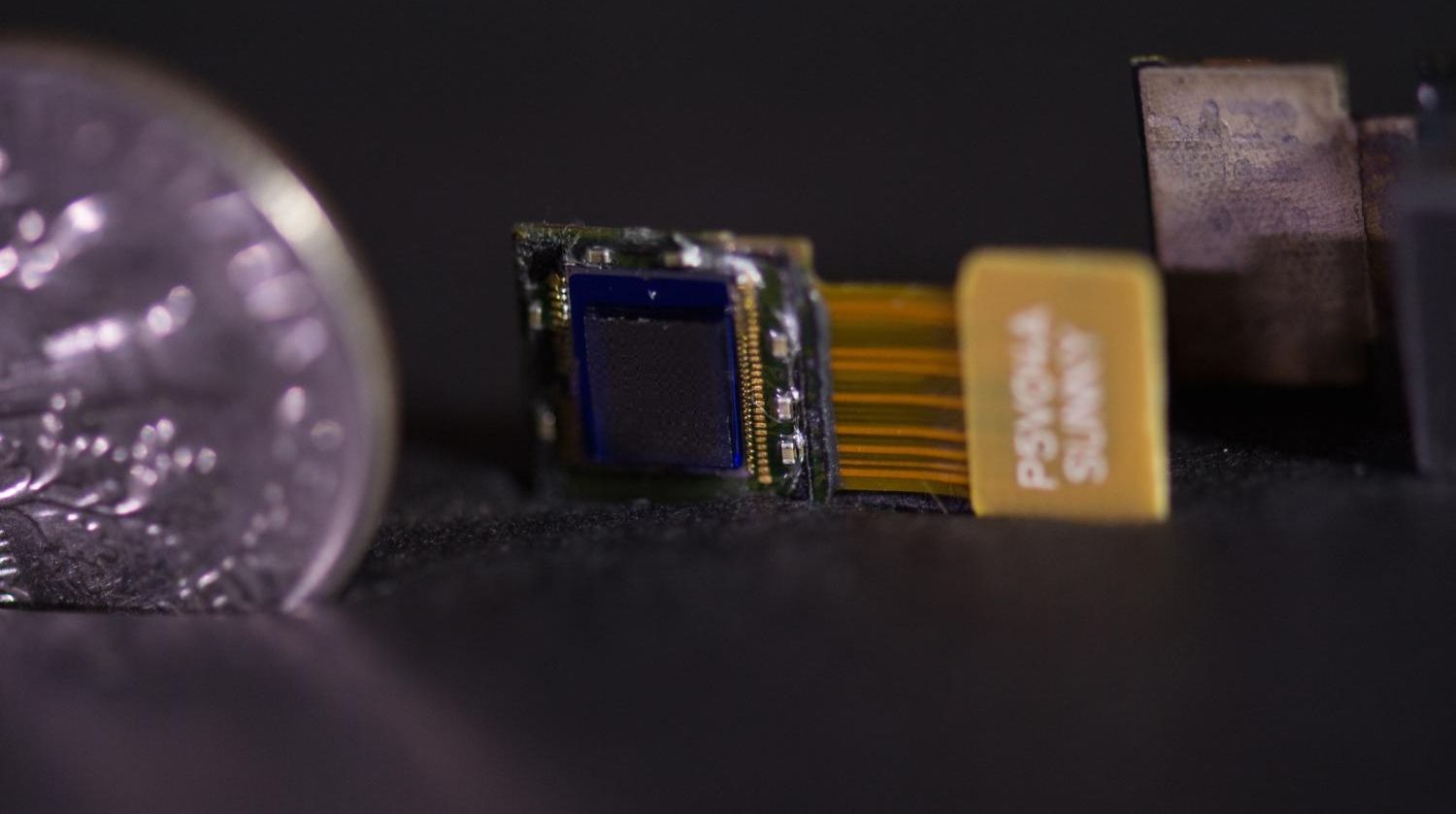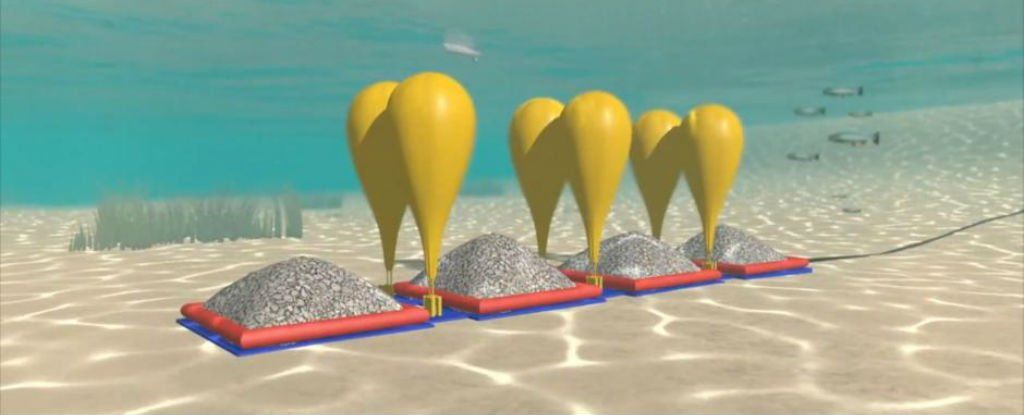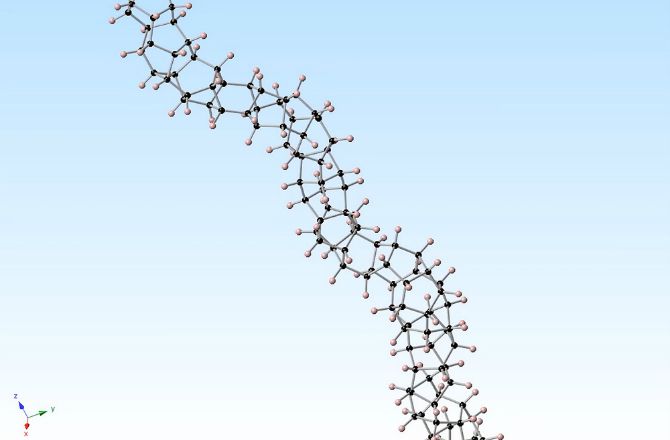Page 11819
Nov 23, 2015
BITNATION @ The Keiser Report
Posted by Shailesh Prasad in categories: governance, security

BITNATION : Governance 2.0
Bitnation provides the same services traditional governments provides, from dispute resolution and insurance to security and much more.
Nov 23, 2015
No lens? No problem for FlatCam
Posted by Shailesh Prasad in categories: computing, electronics, information science
How thin can a camera be? Very, say Rice University researchers who have developed patented prototypes of their technological breakthrough.
FlatCam, invented by the Rice labs of electrical and computer engineers Richard Baraniuk and Ashok Veeraraghavan, is little more than a thin sensor chip with a mask that replaces lenses in a traditional camera.
Making it practical are the sophisticated computer algorithms that process what the sensor detects and converts the sensor measurements into images and videos.
Nov 23, 2015
The 10 craziest projects Google has acquired
Posted by Shailesh Prasad in category: robotics/AI
Nov 23, 2015
Underwater balloons could give us a new way of storing renewable energy
Posted by Shailesh Prasad in category: sustainability
While solar or wind farms are now contributing more energy than ever to the world’s power supply, traditional energy sources are often required at peak times or to supplement renewable sources during dips in availability — at night, for example. So Canadian startup Hydrostor has invented a system of pressurised underwater balloons that can store renewable energy until it’s needed, which could reduce the need for diesel or gas as a back-up source of power.
The company says its solution can last twice as long as the best batteries we have today, and at a much lower cost. The first facility has been set up in Lake Ontario near Toronto, with a series of balloons set 55 metres under the surface of the water and connected to the power grid via a pipeline.
“Compressed air’s been around for 40 years,” Hydrostor CEO Curtis VanWalleghem told Canadian Manufacturing. “It’s finding places to store the air that’s been the problem [and] why it hasn’t been massively adopted. We open it up to thousands more sites because we use hydrostatic water pressure.”
Nov 23, 2015
Diamond Nanothreads Could Support Space Elevator
Posted by Klaus Baldauf in categories: materials, space
A string of benzene molecules that’s 20,000 times smaller than a strand of human hair is the strongest material ever made.
Nov 23, 2015
Gyroscopic gas thrusters tested for future spacewalks on asteroids
Posted by Klaus Baldauf in categories: futurism, space travel
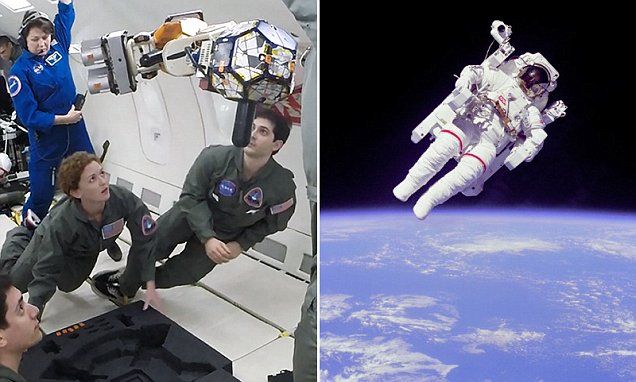
Massachusetts-based space company Draper has trialled a gyroscopic jet-packthat could help give astronauts new freedom when working in orbit or exploring asteroids in the future.
Nov 23, 2015
Why South Korea is the plastic surgery capital of the world
Posted by Shailesh Prasad in category: biotech/medical
Seoul, South Korea, is the global plastic surgery capital.
The high-status neighborhood of Gangnam reportedly has 500 aesthetic centers alone.
Why the concentration? Because South Korea has the most plastic surgeries per capita on earth, with over 980,000 recorded operations in 2014. That’s 20 procedures per 1,000 people, putting it ahead of the US’s 13 procedures per 1,000. And Korea has had the most operations per capita since 2009.
Nov 23, 2015
World’s first cyber-plants fuse electronics with roses
Posted by Shailesh Prasad in categories: electronics, materials
For the first time, scientists have created analogue and digital electronic circuits inside living plants, using the vascular system of living roses to build – or rather ‘grow’ – the central components of electronic circuits.
Researchers at Linköping University in Sweden merged numerous electrical components inside the roses, including wires, digital logic, and even display-based elements, thanks to a special polymer that’s capable of acting like a wire while still transporting organic material such as water and nutrients through the rose’s stem.
By successfully incorporating electronics into the living systems of plants, it’s hoped we’ll be able to find out much more about the chemical processes and pathways that make them function – and we could even learn to control and manipulate them.
Nov 23, 2015
Fastest robot to solve a Rubik’s Cube — Guinness World Records
Posted by Shailesh Prasad in category: robotics/AI
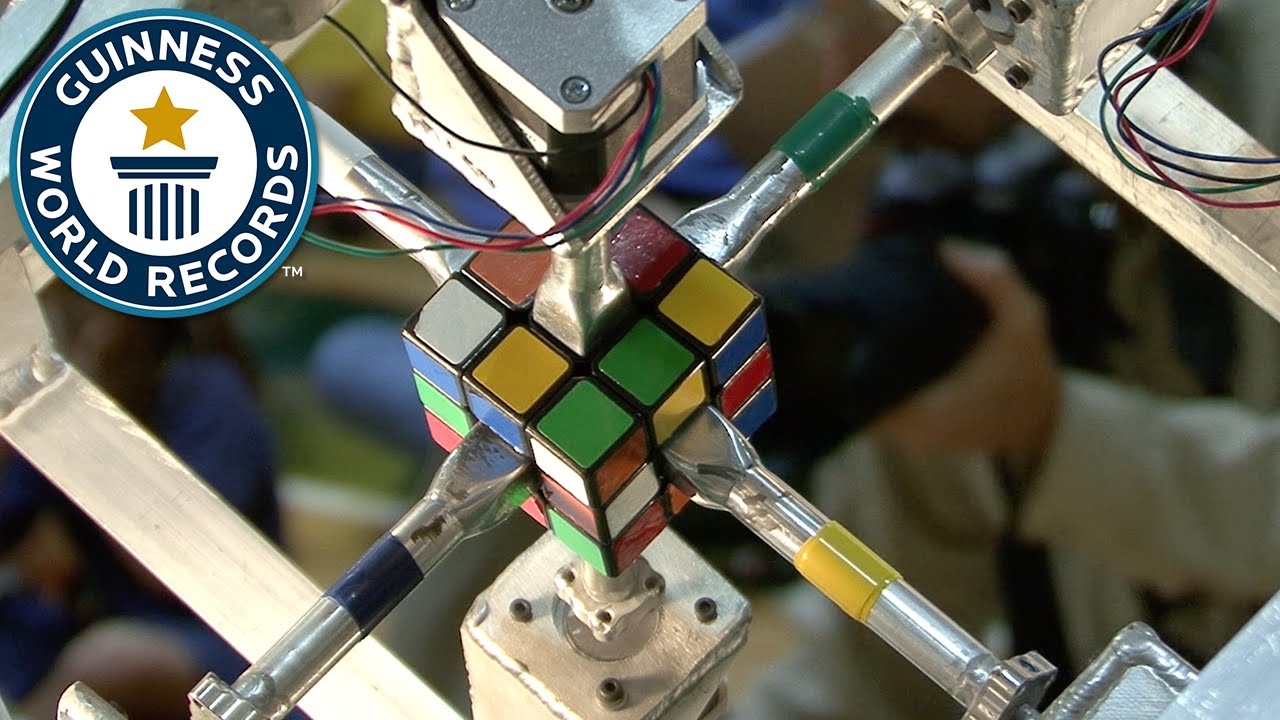
The fastest time to solve a Rubik’s cube by a robot is 2.39 seconds, achieved by a robot built by Zackary Gromko (USA) at an event at Saint Stephens, Bradenton, Florida, USA, on 15 October 2015. Read the full story: http://bit.ly/GWR-RubiksCubeRobot
The robot utilises 6 arms (one for each face of the cube) connected to stepper motors to rotate the faces of the cube.
Continue reading “Fastest robot to solve a Rubik’s Cube — Guinness World Records” »
